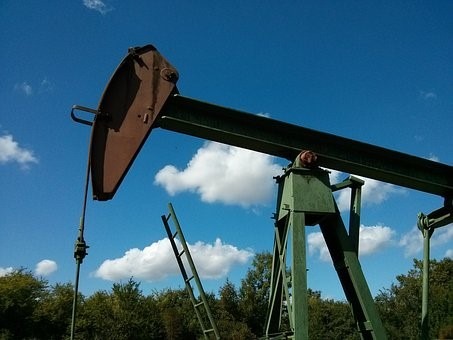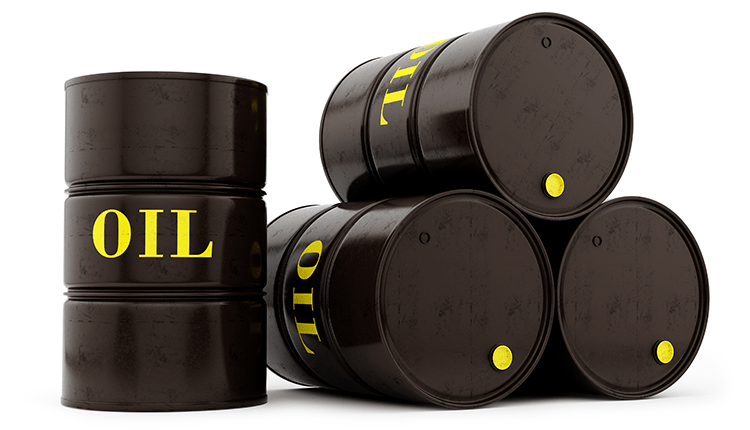Russia did not voluntarily decide to reduce oil production from March, but had to do so, said Estonian politician and European Commissioner for Energy Kadri Simson. According to her assessment, Moscow is bending under the weight of the sanctions.
It was not voluntary. According to Bloomberg, they cannot maintain production volumes because they do not have access to the necessary technology, Simmons said in Cairo. Moreover, he recalled that last week, Russia announced that it would reduce daily crude oil production by 500,000 barrels per day in response to Western oil sanctions.
According to data from Russia, last year, the companies there performed the most drilling in their oil fields in the last more than 10 years. International sanctions or the departure of major Western firms did not hurt Russia’s oil production.
This explains how the country’s oil production went up in the second half of last year even though more restrictions were put on exporting oil. The Business Solutions and Technologies Research Center, previously the Russian associate of Deloitte & Touche LL, calculates that the industry persists in operating largely as before, as Moscow has worked to keep most of the competition, assets, and technologies in the domain of oil services.
Companies left Russia
Large Western companies, such as BP Plc, Shell Plc, and Exxon Mobil Corp., have left multi-billion dollar investments in Russia, followed by some of the largest international service providers. The European Union also imposed a sweeping restriction on exporting tools, technology, and services for the energy industry in Russia.
However, according to industry data, Russian oil companies have drilled 28,000 kilometers through the country, the most in the last decade. The total number of wells started increased by about seven percent to more than 7,800, with most oil companies surpassing their results from the previous year.
















